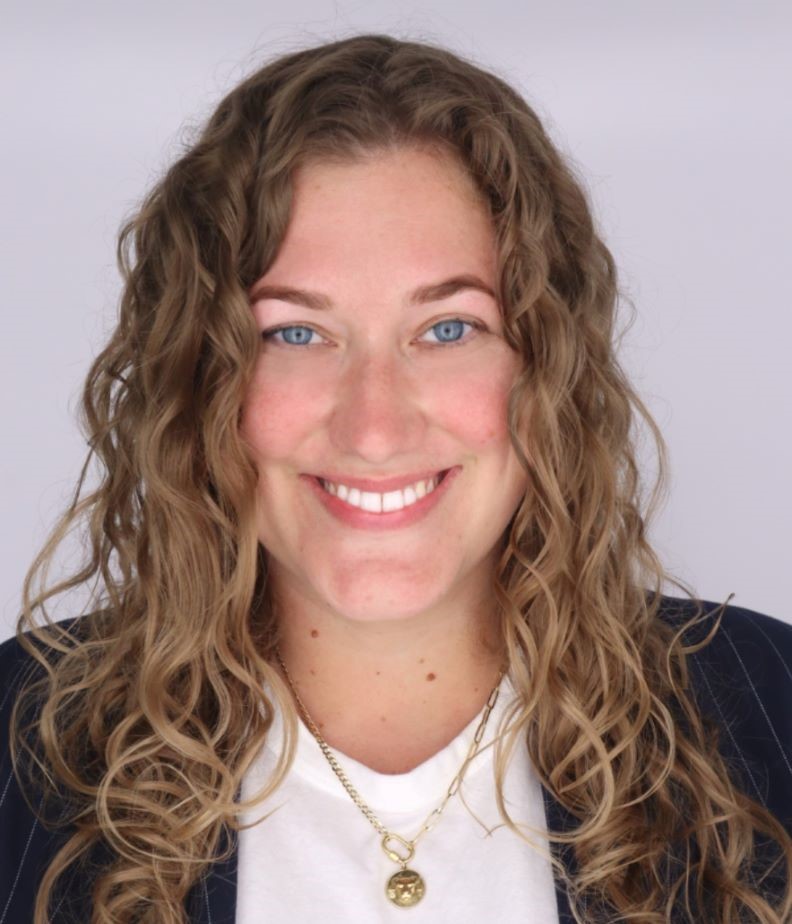
- nbrashier@ucsd.edu
-
McGill 4328
Assistant Professor

We live in a fake news era, where 26% of people visited untrustworthy sites ahead of the 2020 election. Misinformation harms public health, incites violence, and undermines democracy. Why do people believe that coronavirus is a bioweapon or that Biden stole the 2020 election? I study memory and judgment across the lifespan, with a focus on cognitive “shortcuts” people use to evaluate truth. My lab uses behavioral and neuroimaging tools to investigate why young and older adults fall for fake news.